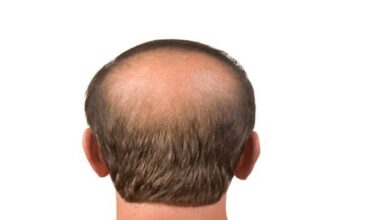Which Diet Is Better for Losing Weight: Eating Small Meals or Intermittent Fasting?
The appropriate kind of dieting strategy is crucial when thinking about weight reduction tactics. Two common strategies include eating smaller meals throughout the day and engaging in intermittent fasting. Before determining which approach is best for your objectives and way of life, you must consider the distinctions between each approach’s pros and downsides. To sustain the results over the long term, you should be able to stick to the diet plan both while you’re attempting to reach your fitness goals and after you’ve reached your target weight.
Small Meals Strategy:
The idea behind eating smaller, more frequent meals is to maintain an active metabolism all day long. “Supporters contend that by eating small meals often, you may maintain a steady level of energy while avoiding acute famine and overeating. This technique could help regulate blood sugar, which can lessen cravings for unhealthy foods. According to Jashan Vij, a health and weight loss coach, “those who find it difficult to maintain gaps between meals and feel the temptation to often eat anything, may find this strategy to be ideal.
Approach to intermittent fasting:
Alternating between eating and fasting periods is known as intermittent fasting. Vij continues, “Two versions of this technique are the 16/8 method (fasting for 16 hours and eating within an 8-hour window) and the 5:2 approach (regular eating for five days and calorie restriction on two separate days). By limiting calorie intake during fasting periods and enabling the body to utilise stored fat for energy, intermittent fasting may aid in weight reduction.
Choosing the Best Strategy:
The key point is that eating little meals often or fasting sometimes are both good for losing weight. You must choose and adopt the eating strategy that best suits you, taking in mind your eating habits, lifestyle, access to food, work schedule, and convenience.
It’s crucial to remember that both approaches, when used thoughtfully, may be successful for weight reduction. “Maintaining a balanced, nutrient-rich diet while controlling total calorie consumption are the critical components. If you’re a newbie, you may start with modest meals and then transition to intermittent fasting after you’re more at ease and attentive of your eating habits.
However, your general health and weight control are significantly influenced by the nutritional content of the food you eat. According to Vij, “scientific research regularly shows that diets high in foods like nuts, seeds, veggies, and healthy fats, but low in processed foods and excessive sugar, may promote a longer and better lifespan.







